📦 Fast Delivery – Order Now!
💸 Shop Safely – 100% Money-Back Guarantee
👨🔧 Lifetime Customer Support
📦 Fast Delivery – Order Now!
💸 Shop Safely – 100% Money-Back Guarantee
👨🔧 Lifetime Customer Support
When you invest in solar panels, you want them to deliver maximum power, and you also want peace of mind. That’s where solar system monitoring comes in, because it tracks performance and reveals issues before they become costly. You can see real-time energy production, and you can detect inefficiencies early. And because you stay in control, you can protect your investment and boost your savings.
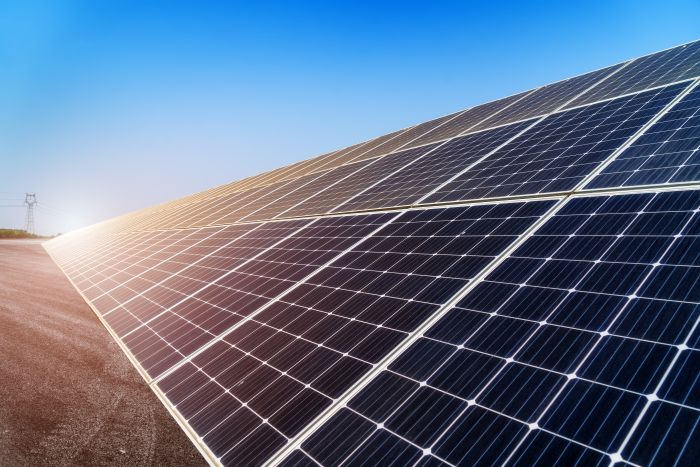
Solar system monitoring is a smart tool that allows homeowners and businesses to follow the performance of their panels every day. It collects data, and it shows how much electricity the system generates. Because the system alerts you to malfunctions, you can act quickly. And since energy production varies with weather, you can see trends and optimize usage.
It matters because solar panels are long-term assets, and yet they face dust, shading, or wiring problems. Without monitoring, you might not notice small issues until your bill rises. With it, you can spot trouble, and you can fix it fast.

Think of your panels as a car, because both need checks. Solar system monitoring acts like a dashboard, and it reveals system health. When performance drops, you see it at once. And since downtime means lost savings, you cut losses by reacting early.
Moreover, monitoring improves efficiency. For example, if one inverter underperforms, the system reports it. You don’t need to guess, and you don’t need to wait for an annual inspection. Because you act on real data, you keep the return on investment strong.
Solar power is clean, and it saves money, but it becomes even more powerful with monitoring. You gain transparency, and you also gain control. Because data is available on apps or dashboards, you can compare months and seasons. And since you understand patterns, you can adapt usage, store energy better, and sell excess power when rates are high.
Monitoring also provides security. If thieves or vandals damage your panels, you’ll see irregularities. And when warranties require proof of performance, you’ll have detailed reports ready.
The process is simple, but it’s also highly effective. A monitoring device connects to your inverter, and it records all energy flows. Because it links to the internet, you can track production anywhere. And since many systems send alerts by email or phone, you don’t miss a thing.
Data storage is secure, and you can view years of history. Because updates are automatic, you never need manual logs. And when software improves, the system usually upgrades remotely.
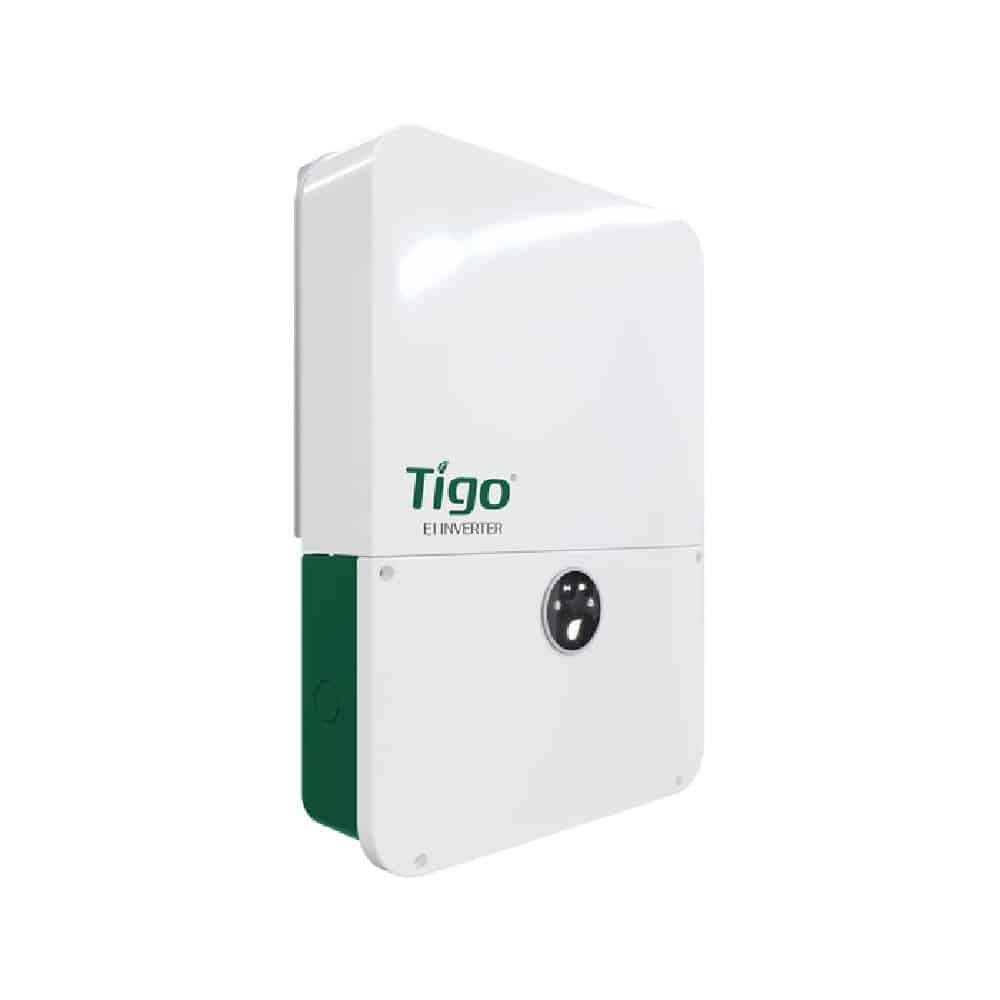
✅ 7.6 kW output
✅ Seamless integration with Tigo EI battery systems
✅ Real-time performance tracking
For companies, energy costs affect profits, and downtime hurts operations. That’s why solar system monitoring delivers even more value. Managers can see which site performs better, and they can schedule maintenance efficiently. Because reports are detailed, accountants can verify savings easily.
Moreover, monitoring supports sustainability goals. Firms can share transparent reports with stakeholders, and they can show reduced emissions. And since corporate reputation matters, this data strengthens brand value.
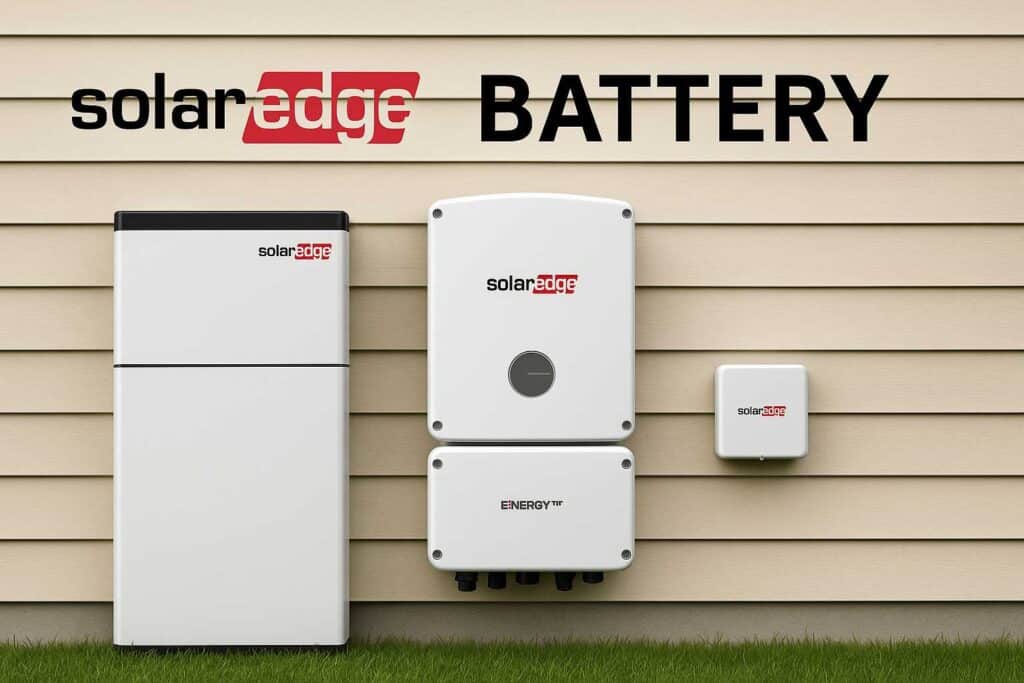
Some users fear that monitoring is complex, but modern systems are user-friendly. Interfaces are clear, and they offer visual graphs. Because alerts are automatic, you don’t need technical knowledge.
Another concern is cost, yet monitoring usually adds only a small fraction to system price. And since it prevents revenue loss, it pays back quickly. Moreover, many installers include it as standard.
Solar energy keeps growing, and smart technology expands with it. Because the grid becomes smarter, your PV system must stay connected. Monitoring ensures your system adapts to new tariffs, storage options, and even virtual power plants. And since innovation accelerates, having data is the only way to stay ahead.
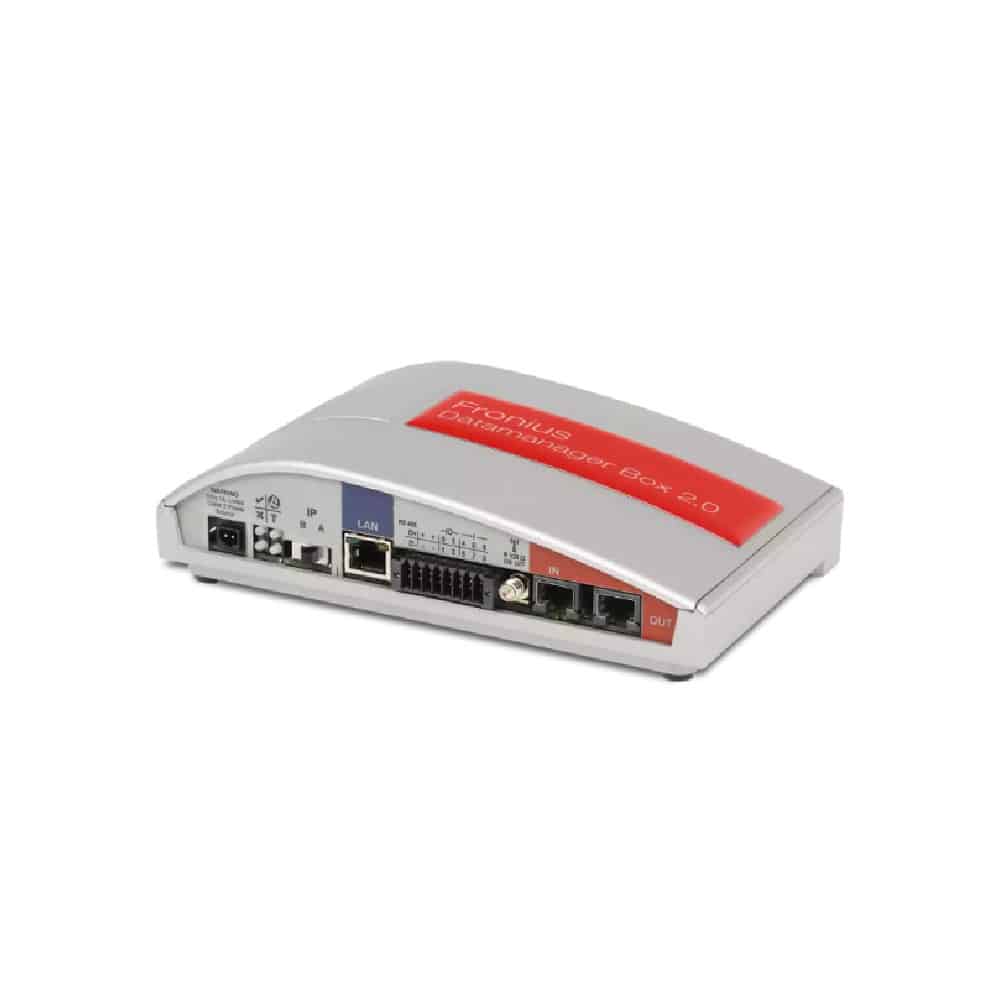
✅ Enables monitoring of your solar system
✅ Compatible with Fronius inverters
✅ Provides advanced data analysis
If you want reliable technology, strong monitoring, and proven savings, you should look at AceFlex.us. Their solutions combine performance and transparency, and they help you control your energy future. Because their experts focus on quality, you can trust the installation and the long-term support. And since every system includes monitoring options, you stay in charge of your solar investment.
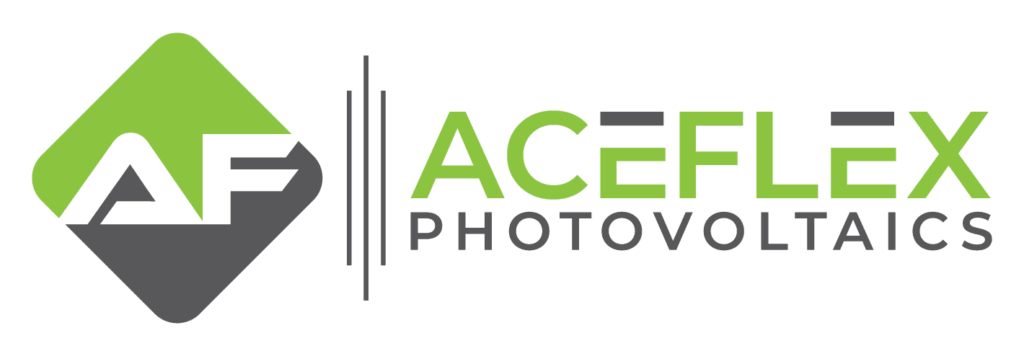
Solar system monitoring is not just an option. It is the foundation of a secure, efficient, and profitable PV system. With it, you protect your panels, and you maximize returns. And as solar technology grows, only those who monitor will unlock the full power of the sun.

You can monitor a solar system with a monitoring device that connects to the inverter, and it tracks performance in real time. Because it sends data to an app or dashboard, you can see output anytime and anywhere.
You can check your solar usage through mobile apps or web dashboards, and they show daily, monthly, and yearly data. Because they compare production and consumption, you can adjust habits and save more.
Solar monitoring often comes included with modern inverters, but premium systems may cost between $100 and $500. Because monitoring prevents big losses, it usually pays for itself quickly.
A solar power monitoring system is a tool that records energy production, and it alerts you to any issues. Because it shows real-time data, you can protect your investment and maximize efficiency.
The best app depends on your inverter brand, but leading options include SolarEdge, Enphase, and Tesla. Because each app offers unique features, you should pick one that matches your system.
Yes, most modern systems allow remote monitoring, and you can access them through apps or browsers. Because of internet connectivity, you can check performance from anywhere.
Not all require it, but every system benefits from it. Because monitoring prevents unnoticed losses, experts always recommend it.
Monitoring is highly accurate, and it records detailed performance data. Because sensors measure directly, you can trust the results.
Yes, it can show when panels underperform due to shading, and it flags unusual drops. Because of this, you can solve problems fast.
It does not produce more energy, but it ensures you use energy smarter. And because it shows patterns, you can optimize usage.
Yes, many retrofit kits exist, and they connect easily to older systems. Because of this, you can upgrade without replacing panels.
It shows production, usage, system health, and sometimes weather impacts. Because of detailed reports, you understand every aspect.
It alerts you when components fail, and it prevents downtime. Because you act early, repairs stay cheaper.
No, most systems are plug-and-play, and they connect to your inverter. Because setup is simple, even homeowners can use it easily.
Yes, it shows how much you produce and consume, and it helps you change habits. Because you optimize usage, you spend less.
Yes, advanced systems track both solar panels and storage. Because of this, you can see how much energy you store and use.
Yes, many systems use secure cloud storage, and it saves years of data. Because it updates automatically, you never lose records.
AceFlex is one of the leading online retailers of renewable energy products and offers a wide range of solar products. We work with well-known manufacturers and wholesalers and can offer you cost-effective products in the field of photovoltaics so that you too can contribute to the energy transition.
Looking for an experienced team for planning your photovoltaic system without the hassle of doing it yourself? We are your trusted partner, offering comprehensive nationwide solutions. We provide expert consultation and supply of both photovoltaic systems and storage units tailored to your specific needs.
© 2025 Aceflex All Rights Reserved. Design by Media Pantheon, Inc.